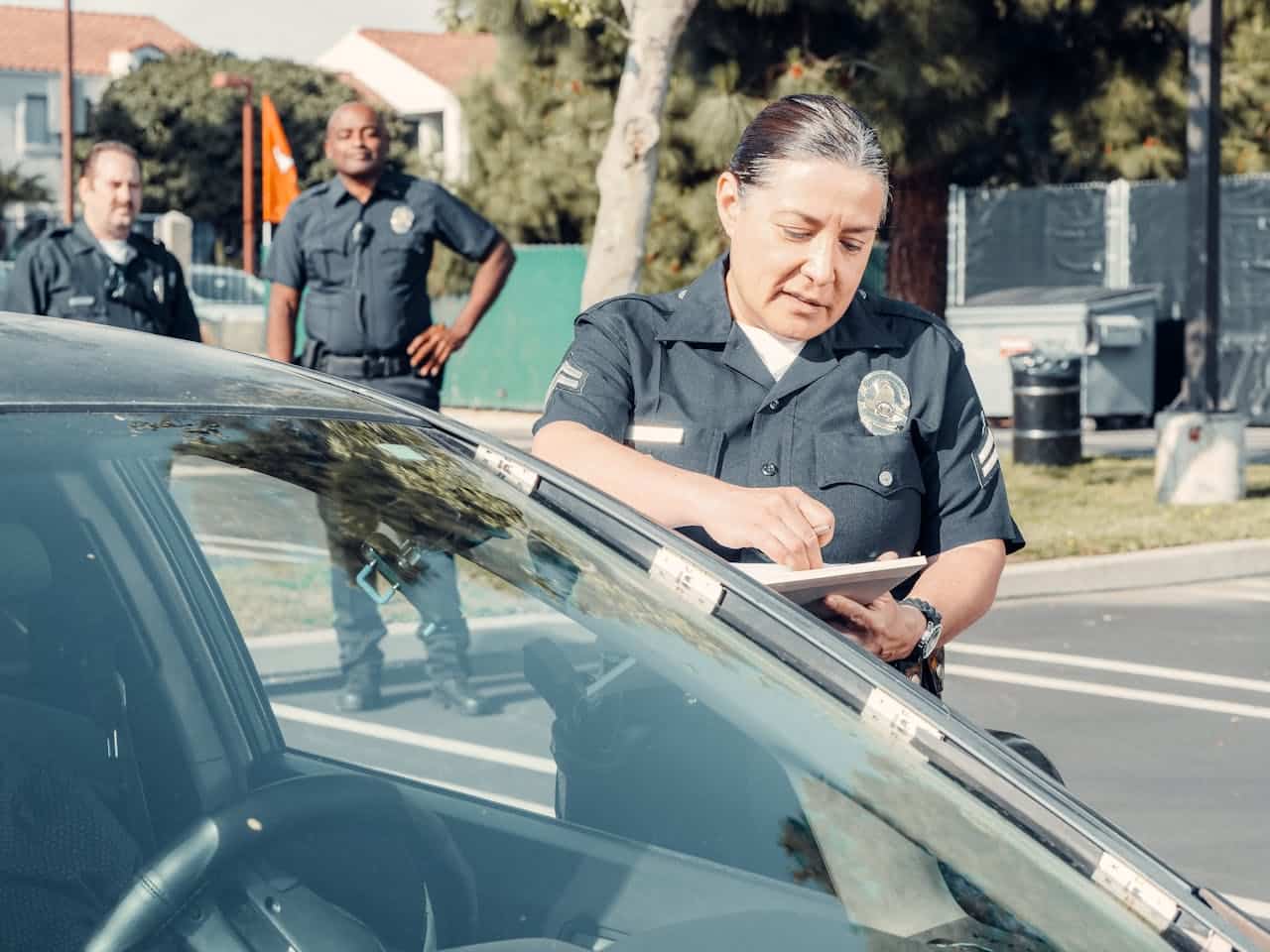When you’re pulled over by the police in Texas, it’s important to know what your rights are during the stop. This knowledge can help you stay calm and protect yourself. Understanding what officers are allowed to do and what you can do is crucial as it ensures the situation is handled smoothly and fairly.
Feeling nervous is normal, but being informed about your rights helps manage the stress. Knowing when and how to exercise your rights empowers you to make the right choices while interacting with the police. Whether you’re dealing with a routine traffic stop or addressing more serious concerns, your rights remain a vital part of the process.
Learning about these rights ahead of time prepares you for any situation. It’s about staying aware and informed so you can handle any police stop with confidence and awareness.
Knowing When a Stop is Legal
Understanding when a police stop is lawful helps you recognize your position during such interactions. Police officers can legally stop you under certain conditions. They need a valid reason, or probable cause, to pull you over. Probable cause means they have a reason to believe you might have broken the law in some way.
One common reason for a stop is a traffic violation. If you’re speeding, not using signals, or have a broken taillight, an officer can legally pull you over. Another basis for a legal stop is reasonable suspicion. This means the officer thinks you might be involved in criminal activity based on what they see or hear.
Knowing these situations can help you decide if a stop is legal. This understanding eases confusion and prepares you for what to expect as the encounter unfolds.
Your Basic Rights During a Stop
During a police stop, knowing your basic rights is essential. It protects you and ensures the process follows legal standards. One key right is the right to remain silent. You’re not required to answer questions that may incriminate you. You should state your wish to stay silent out loud if you plan on using this right.
Another critical right is refusing consent to a search. Police cannot search your vehicle or belongings without your permission unless they have a warrant or another legal basis. Politely saying you do not consent to a search is a lawful and important boundary you can set.
Understanding what remaining silent means is also crucial. It doesn’t mean you can ignore all communication. You should still provide basic information like your name, which is generally required. Remaining silent generally applies to questions about where you’re going or what you’ve been doing, especially if these answers might incriminate you.
Remember, you have rights during a police stop. Knowing and telling officers about these rights allows you to stand up for your privileges respectfully. These rights help keep the process fair and transparent for both you and the officers involved.
How to Communicate with Officers
Interacting with police officers during a stop can be intimidating, but knowing how to communicate helps keep the situation calm. Start by being polite and respectful. Use a calm voice and avoid sudden movements, which can escalate the situation unnecessarily. Respectful behavior helps establish a good tone.
When speaking with officers, it’s important to know what information you must provide. Typically, you’re required to show your driver’s license, vehicle registration, and proof of insurance. Beyond this, you don’t have to discuss your plans or whereabouts. Politely decline if you’re asked questions that you’re not comfortable answering.
Communicating well with officers lets them know you understand your rights and care about staying within the law. It also helps protect your interests and ensures the interaction remains as smooth as possible.
What to Do If Your Rights Are Violated
Sometimes, things don’t go as they should during a police stop. If you believe your rights were violated, there are steps to take that can address the issue. First, stay as calm as possible during the encounter. Arguing with officers or becoming aggressive only makes things worse in the moment.
After the stop, write down everything you remember. Include details like the location, time, officers involved, and anything said during the stop. This documentation can be valuable if you decide to pursue a complaint later.
Reach out to a legal professional to discuss your situation. They can provide advice on whether your rights were indeed violated and what options are available. Seeking legal assistance helps you understand your position and what can be done.
Documenting the incident helps ensure you have a clear record of what happened. This can be crucial if you decide to challenge the events legally or file a complaint against the officers involved.
Conclusion
Navigating a police stop with confidence comes down to knowing your rights and how to handle such interactions. Being aware of when stops are legal, understanding your basic rights, and knowing how to communicate effectively with officers all contribute to a smooth experience. And if things go wrong, understanding your options empowers you to address any violations that occur.
At Hindieh Law, we’re here to support you in understanding and protecting your rights. If you’ve had a concerning experience during a police stop, or if you need guidance on your legal standing, our experienced team of defense lawyers in Dallas is ready to help you. Reach out to us today for assistance in navigating your rights and ensuring they are respected.





